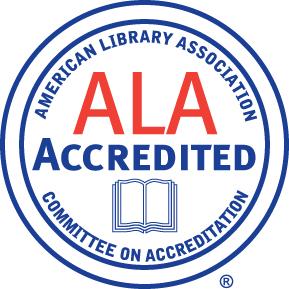
Library and information science is a meta-discipline, spanning what are considered traditional academic research disciplines (e.g., economics, biology, history, etc.). The theories and practices in library and information science are applied across disciplines. They are varied and many. Our degree pathways will let you pursue the courses that align best with your career goals.



